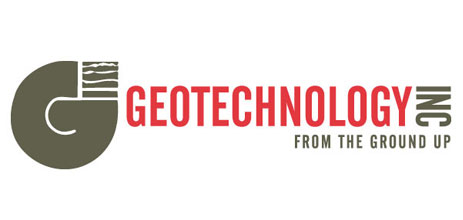
Staying on budget and on schedule while maintaining quality is the challenge and goal of every project, but the reality is that there are speed bumps and unknowns. We want to help reduce those situations or provide knowledge in helping to resolve them as they relate to geotechnical, environmental, drilling and testing services. We’ve included a handful of ideas that we’ve culled from both lessons learned and successful implementation. We’d love to discuss them with you to see if we can be of assistance in planning a successful project.
1. Conduct an environmental audit of existing operations at the planning stage to assure expansion plans are environmentally compliant and to avoid fines and negative public relations.
2. Reliable estimates are possible with adequate design and schedule information. When early preliminary budgets are based upon assumptions, commit to revisiting those estimates and provide appropriate contingencies.
3. Review the testing budget and scope with the project team. Careful planning increases the team’s understanding of the project requirements and assures that observations and tests are conducted in a timely and efficient manner.
4. When conducting environmental assessments, assess all potential issues that could impact future development. Issues that may be omitted from the list but could be important include mold, lead paint, wetlands, floodplains and endangered habitat.
5. Consider lump sum contracts and evaluate them to see if they would be a good fit for the project.
6. Consider pre-drilling pier holes to reduce schedule and budget risk, better define quantity of rock removal and enhance safety.
7. Ask for regular tracking of fees at certain milestones. Periodically update estimate of final costs.
8. Negotiate scope and fee with geotechnical, environmental and materials testing consultants. Through negotiation, a scope and fee can be established that is just right for your project. Procuring these services through a low bid process only encourages a low initial fee. A negotiated scope and fee development focuses more on the total project cost implications of the recommendations made by your foundation and environmental consultants, which are much more significant than the consulting fee.
